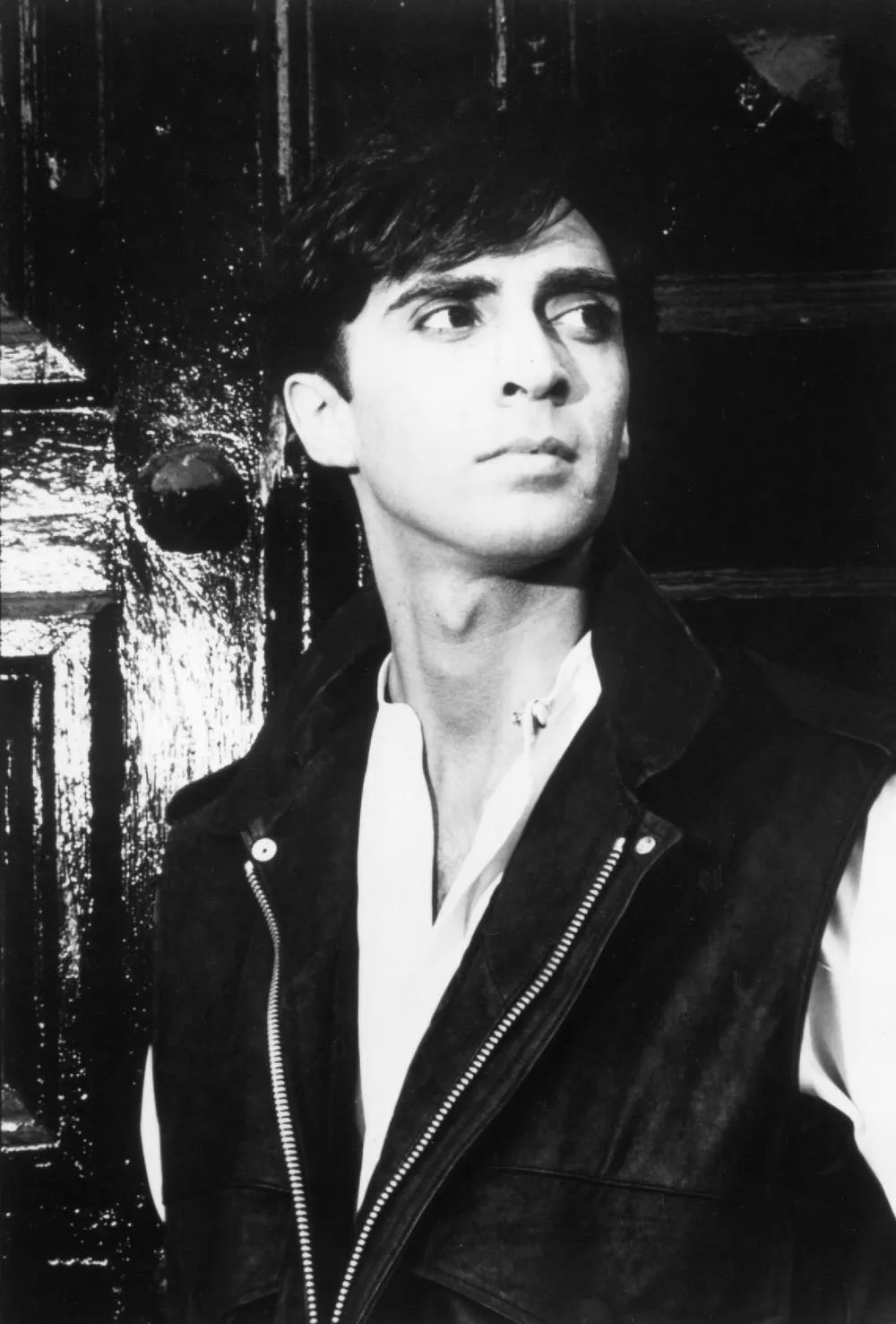Peter Godwin Biography
Who is Peter Godwin? A Brief Career Overview
Peter Godwin is a dynamic English musician best known for his work as a singer, songwriter, and member of the iconic band Metro. With a sound deeply rooted in the realms of new wave and synth-pop, Godwin burst onto the music scene in the early 1980s, capturing the hearts of listeners with his haunting melodies and thought-provoking lyrics. His breakthrough single, "Images of Heaven," not only garnered significant radio play but also solidified his place in music history as a pioneering figure of the genre.
Godwin's work is distinguished by its bold synth arrangements and deeply emotional storytelling, traits that continue to resonate with music lovers today. His connection to vinyl culture is particularly noteworthy, as his releases were embraced by collectors seeking high-quality pressings and unique artwork. With a career spanning decades, Peter Godwin's impact on the music industry is marked by his groundbreaking achievements, including a cult following and critical acclaim that transcend generations of music lovers.
Peter Godwin's Early Life and Background
Born into a family that encouraged creativity and artistic exploration, Peter Godwin's early life laid the foundation for his future as a musician. Growing up in England, he was immersed in a diverse array of musical influences from a young age. His family background and cultural environment nurtured a passion for music that would soon evolve into a lifelong career. Peter's early exposure to various musical instruments sparked a deep connection to sound, leading him to experiment with different styles during his formative years.
During his childhood and adolescence, Peter spent countless hours listening to vinyl records, inadvertently fostering a love for the tangible beauty and warmth of the format. These experiences shaped his worldview, instilling in him an appreciation for the artistry of music that would manifest in his own recordings. Early encounters with live performances and local musicians ignited his ambition and helped him envision a path in the music industry.
The Musical Influences That Shaped Peter Godwin's Sound
Throughout his career, Peter Godwin has credited a diverse range of artists as key influences on his musical style. The profound impact of David Bowie is evident in his theatrical flair and innovative soundscapes. Similarly, bands like Kraftwerk and Depeche Mode directly influenced his use of synthesizers and electronic production techniques, which became hallmarks of his own music. The distinct rhythms found in disco and funk also inspired Peter's melodic sensibility, allowing him to create memorable hooks that resonate with listeners.
As a vinyl enthusiast, Godwin often referenced influential albums like Bowie's "Low" and Kraftwerk's "Autobahn," which he admired for their groundbreaking production techniques and artistic ideas. These classic records shaped his songwriting, ensuring that his own releases would carry the same sense of experimentation and boundary-pushing creativity.
How Peter Godwin Entered the Music Industry
Peter Godwin's entry into the music industry began as a passion project, developing through his involvement with the band Metro in the 1970s. After their self-titled debut album in 1976, the group initially found moderate success, experimenting with sound before undergoing a name change to Public Zone. Their collaboration with notable artists, including Stewart Copeland of The Police, set the stage for Godwin's burgeoning career. However, it was not until Metro disbanded that Peter ventured into his solo career.
His debut solo album, "Images of Heaven," released in 1982, marked a significant turning point. The album featured a captivating blend of synth-pop melodies and thought-provoking lyrics, capturing the essence of the new wave movement. Despite facing challenges, including distribution hurdles and the complexities of producing music on vinyl, Godwin persevered and honed his signature sound. This dedication led to increased visibility, and soon his singles began to receive airtime across radio stations, leading to a solid fanbase that eagerly awaited his next releases.
Peter Godwin's Breakthrough and Rise to Fame
The pivotal moment in Peter Godwin's career came with the release of "Images of Heaven," both as a single and as part of his album. Its ethereal quality and commercial appeal propelled it to the top of the charts, solidifying his status as a prominent figure in the 1980s music scene. Critics lauded the track for its innovative sound and emotional depth, making it a staple on new wave radio playlists. The vinyl release was particularly well-received by collectors, becoming a sought-after item due to its distinctive cover art and high-quality pressing.
Following recognition from the industry, Godwin enjoyed a series of successes that led to subsequent opportunities, including performances at major festivals and appearances in media projects. Despite a hiatus in the late 80s, his return in the late 90s with "Images of Heaven: The Best of Peter Godwin," reintroduced him to a new generation of listeners and reaffirmed his position in the music landscape.
How Personal Life Shaped Peter Godwin's Music
Peter Godwin's personal life has undoubtedly influenced his artistic expression. The struggles and triumphs of his relationships are intricately woven into the themes and lyrics of his music, providing listeners with a deeply personal reflection of his experiences. Notably, themes of love, loss, and identity resonate throughout his discography, showcasing his ability to transform personal challenges into universal narratives.
Additionally, Godwin's involvement in philanthropy and social causes has shaped both his public image and his music. Inspirational figures in his life--including mentors and fellow artists--have encouraged him to infuse positive messages into his work, promoting a sense of hope and resilience. While challenges have arisen, including public scrutiny and controversies, Godwin has used these moments as opportunities for growth, allowing them to inform his songwriting. This genuine connection to his own narrative further enriches the artistry present in his music.


































